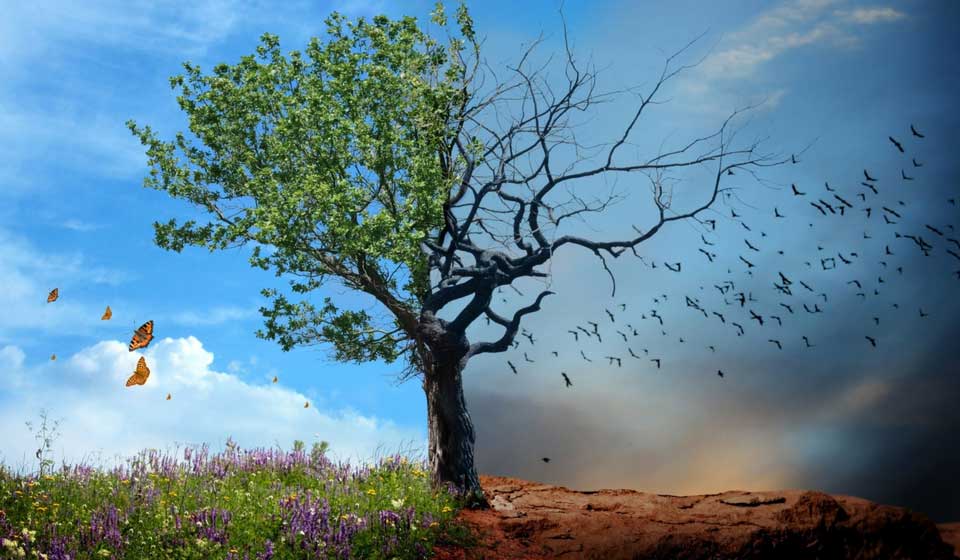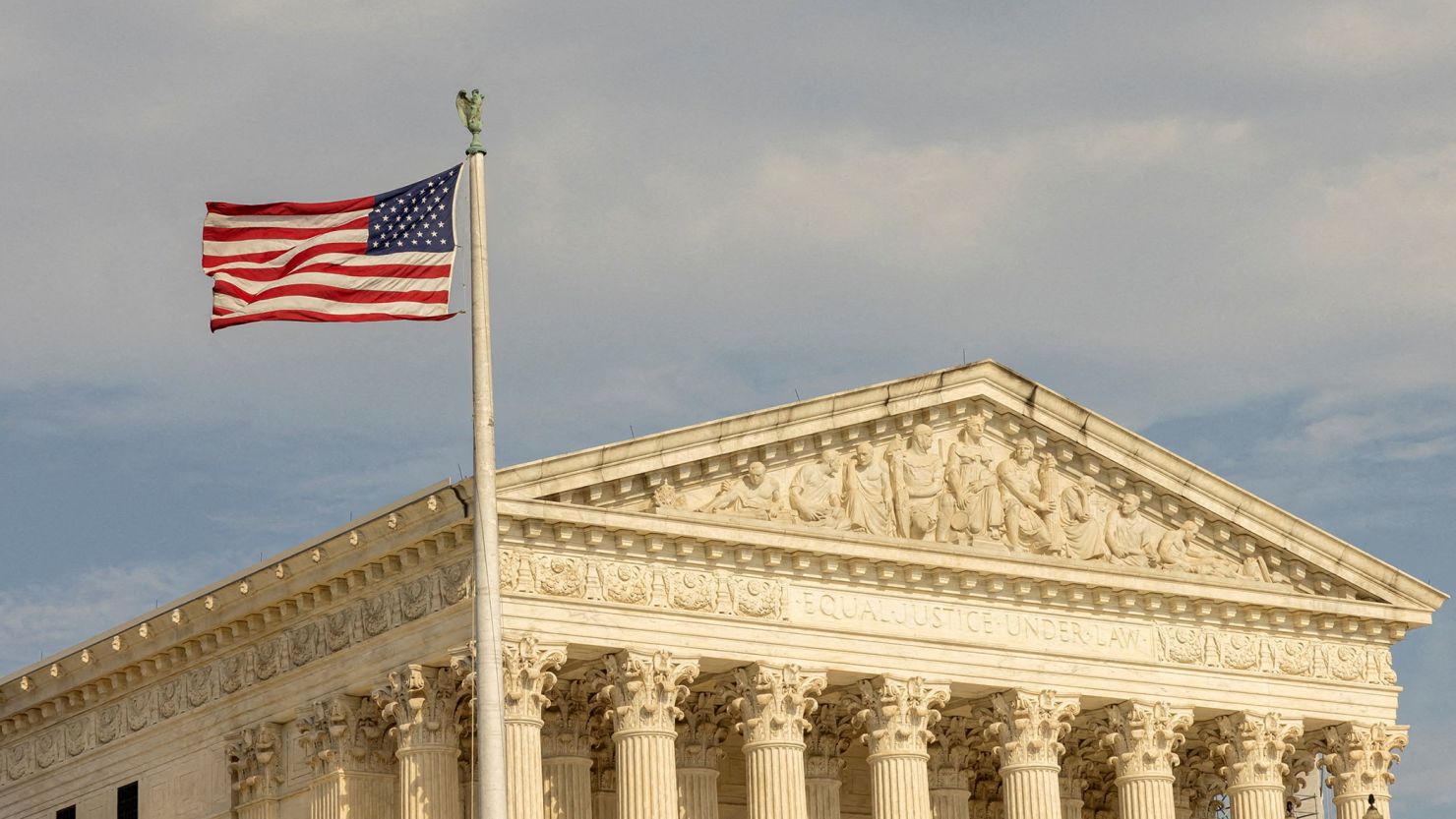When I find a parking spot right outside my destination, I feel blessed. When my Amtrak train runs thirty minutes late, I feel cursed. We often describe our days through these extremes of fortune. But the truth is, most of life happens in the space between blessings and curses—and leaning into that space might just make for a better life and better world.
In Parshat Re’eh, the Torah tells us we have a choice: blessings come from obedience to God’s laws; curses follow from defiance. It’s a clear moral equation. Yet, in our lived experience, we rarely link our daily fortunes so directly to observance.
There is a theological view that obedience is the key to safety and prosperity—and that misfortune signals a lack of observance. Had we followed God’s laws, as interpreted by the Rabbis, we would have been spared suffering. While such thinking offers some people a sense of order, it holds little appeal for many of us.
Perhaps blessings and curses are less divine decrees and more emotional responses to life’s unfolding. We have agency: we can transform ordinary events into blessings, moments of insight or joy. Conversely, we can view setbacks as curses that derail our expectations.
The challenge is that life rarely fits neatly into those categories. The Rev. Al Sharpton once offered an insight that helped me see this more clearly. He said we can be “woke” but not “awake.” By this, he meant that holding a strong opinion isn’t the same as thinking critically. Being “woke” means staying alert to injustice, particularly through the lens of liberal values. But being “awake” means holding multiple points of view in tension, digesting competing facts, and acting with both integrity and imagination.
That, I think, is the subtle wisdom of the Torah’s teaching. God may set before us blessings and curses, but the deeper invitation is to navigate the wide, nuanced territory in between. In that space, we can acknowledge opposing views without fear, appreciate different outcomes without resentment, and find meaning that isn’t hostage to fortune’s swings.
Life isn’t just about the parking space or the delayed train—it’s about how we live in the middle ground, where compassion tempers conviction, and curiosity balances certainty. That space between extremes is where wisdom grows, relationships deepen, and the world becomes, if not perfect, at least more whole.
Rabbi Evan J. Krame
If this reflection resonates with you, consider sharing it with your community—or simply take a moment to reflect on the fire you’ve endured and the strength you’ve gained.





